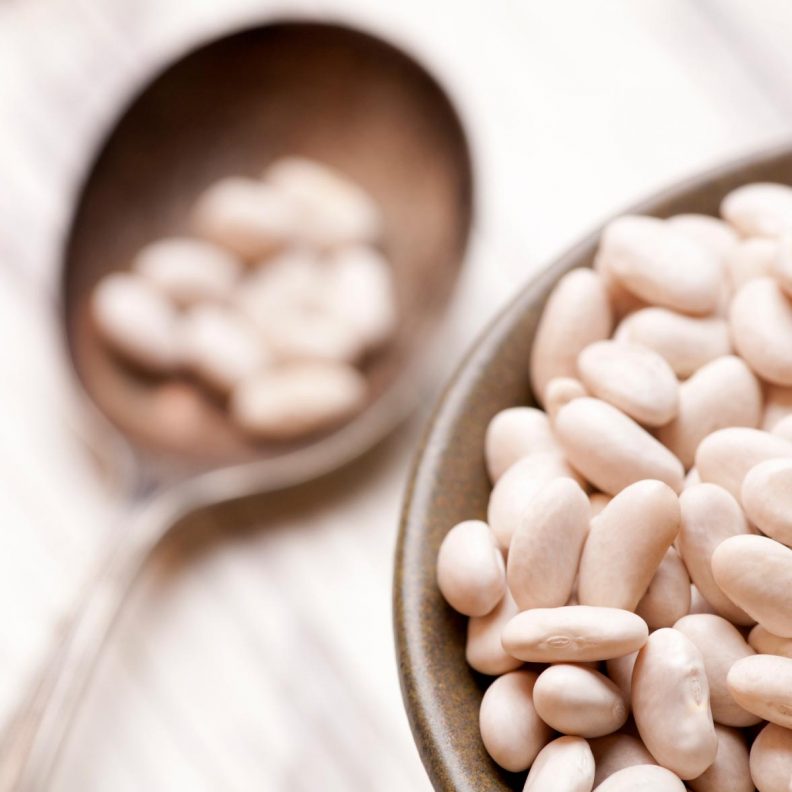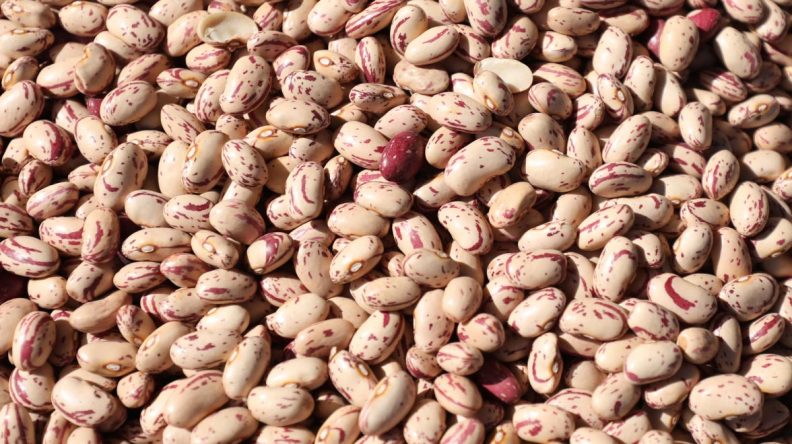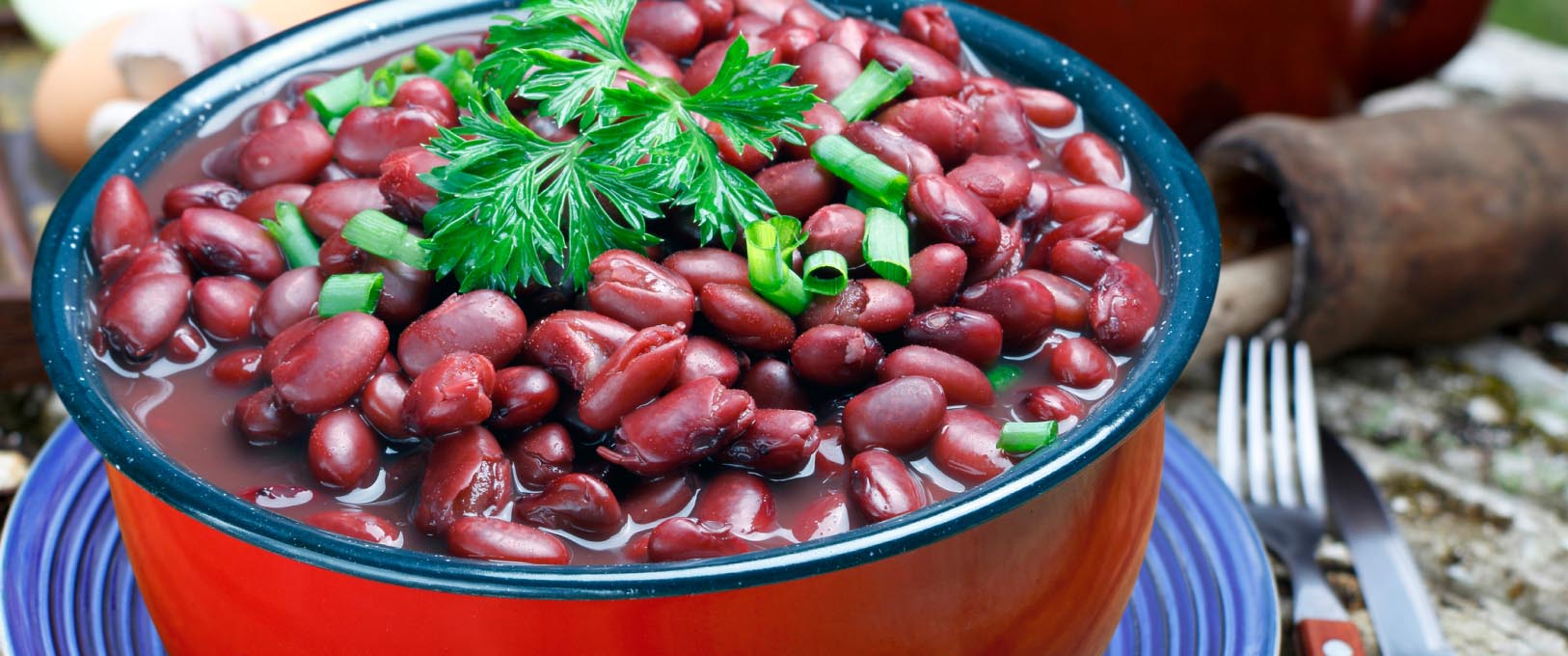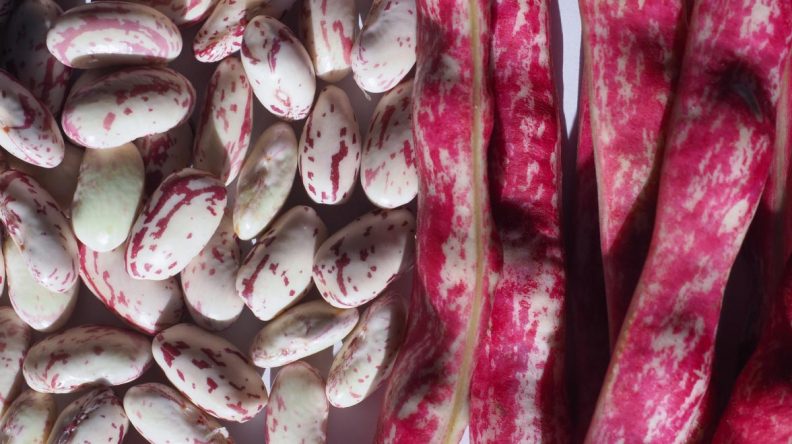Beans are a nutrient dense food that are easy to prepare and won’t run up your shopping bill. They are used all across the world and are a popular addition to many delicious and tasty dishes. From a scientific perspective, beans are seeds from the Fabaceae family, also known as legumes or peas. Some of the most common types that you might find on a dinner table include: black, lima, kidney, pinto, fava and navy. Beans are used in stews, curries, salads and much more. Apart from providing great texture and flavour to food, you can also expect to enjoy a range of health benefits when you include them in your diet.
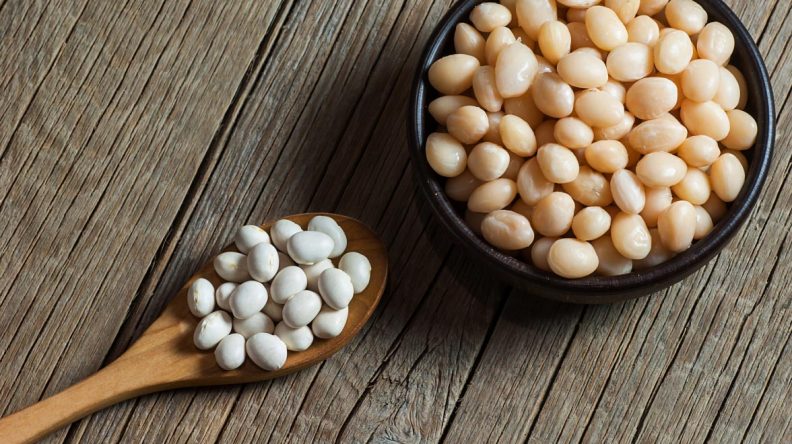
History
Beans have a rich history and have been filling empty stomachs for thousands of years. Research suggests that they were first used over 9,000 years ago in Thailand and nearby areas. Continents away, people in Peru and Mexico grew bean plants from as early as 7000 BC. Carbon traces dating back to ancient times have also been found in Egypt, China and throughout the Middle East. European colonialists learned cultivation techniques from Native Americans and later shared these findings with their counterparts back home. It didn’t take long before the entire world was growing and eating beans in some shape or form. Today, the countries that have the highest production levels include Brazil, Myanmar, India and China.

